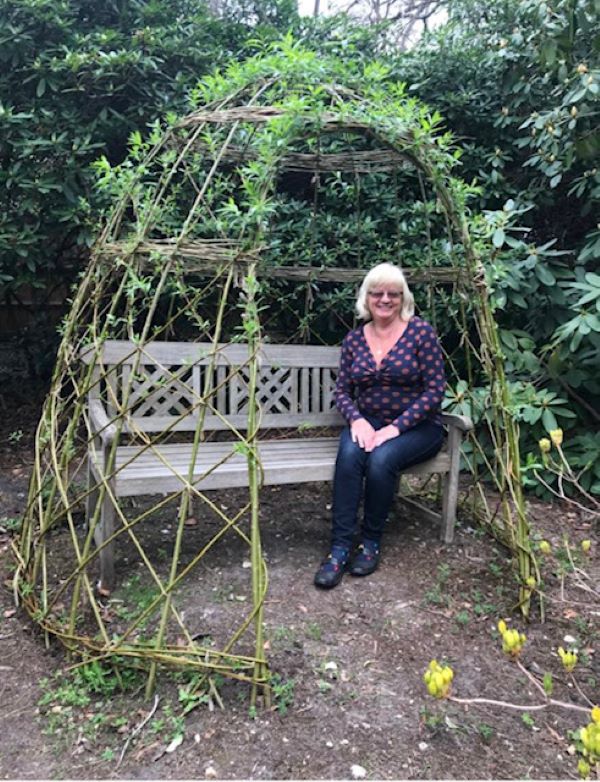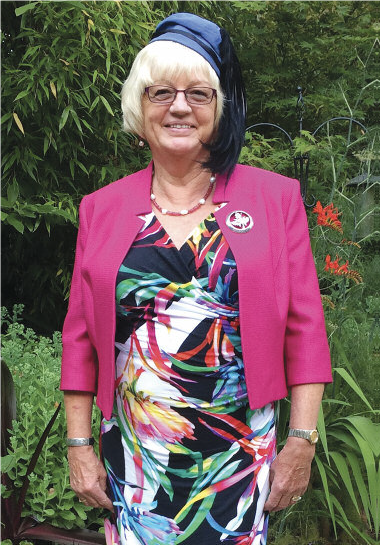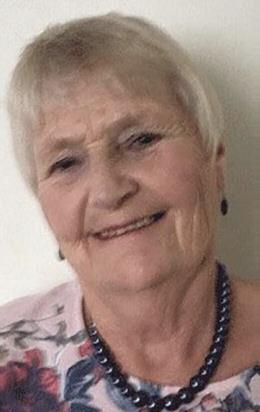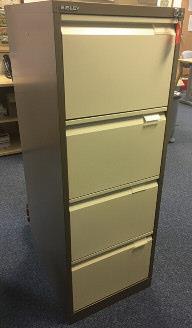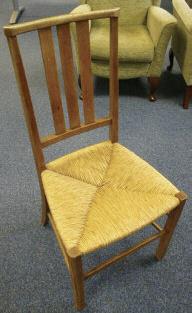REwear, REcycle, REduce, REad the label!
Dipping into an anthology of WW II instruction leaflets under the general heading Make Do and Mend, I came across flyers entitled Keep Them Tidy Underneath, Every Woman Her Own Clothes Doctor and Hints on Renovating and Recutting, I realised perhaps for the first time how brutal clothes rationing had been. Reading the advice given, for example, on how to make a “good pair of knickers” from two old pairs is in dramatic contrast to the fast fashion, disposable-after-a-single-wear clothes that are so common today.
I am sure many of you watched Sewing Bee and followed our fellow SFWI member Lawratu who did so well and represented the essence of the WI in such an inspiring way. Well done, Lawratu.
I particularly enjoyed the Skies the Limit challenge where contestants were invited to design and make a wedding dress out of 1940s parachutes. This reminded me that my mother’s wedding dress was made by the local dressmaker from parachute silk in 1950, and how beautiful it was. I recall as a child visiting the same dressmaker. For me the anticipation of the visit was whether the same bunch of mistletoe was still hanging from the lamp in the hall from the previous year. I was never disappointed!
We were in awe of the transformation challenge, but should we also be inspired by it? The restrictions of last year, which meant that we were not able to buy clothes from the High Street, has already changed our clothes buying habits, perhaps forever, but also even what we buy and how we wear it.
The practice of handing down clothes and toys, in my family and beyond, has long been the norm, with the children wearing their cousin’s clothes with pride. I recall learning from an old university friend that some smock dresses that I had made and passed on to one friend’s children had, by some weird and wonderful journey, ended up being worn by the children of a completely different friend, revealed when a photo was shared some 25 years later.
I was fortunate to have learned to sew and do basic tailoring at school. The girls at my school (it was only the girls who were taught to sew) were particularly keen, but I have often wondered whether the lure of the needlework classroom was the fact that the sewing teacher was the girlfriend of a first team player for Leeds United!
Surrey Federation has offered us all many opportunities to develop needlework skills of all kinds, from machine embroidery and goldwork to tailoring jackets and trousers, the latter led by the Federation’s own talented Beryl Havers.
Acquired skills from Denman workshops, formerly residential and more recently Denman at Home, has offered us all the opportunity to acquire new skills. For me it has been patchwork. My first, a sampler quilt, was for my granddaughter. It was made from fabric from dresses she had grown out of. I imagine these clothes will live on in their new guise for many years. On completing a project, I cut the leftover pieces of fabric into 3” or 5” squares, organise them in colour groups and craft them into quilts for the Linus Project.
Recycling-fashion initiatives are on the rise. I love the idea of some major brands inviting customers to return unwanted used clothes that are then given to charities or recycled — a very welcome step.
However, recycling is not a new concept. Born and bred in Morley, my daily bus ticket read ‘Yorkshire Woollen District’. I only questioned its significance after watching a TV programme which focussed on the production of shoddy. Waste wool from the production of high-quality cloth was shredded before being mixed with a small quantity of new wool and woven into a lesser quality cloth — shoddy. Any waste from the process was transported to Kent where it was used as a fertilizer for the hops.
I don’t know that I can claim to be a regular re-fashioner of clothes, but I am a regular re-user, although I did remodel a 100-year-old hat that had a beautifully dramatic, swooping, bird-of-paradise feather that I wore for Churt WI’s 100th birthday celebration. (see above)
I challenge you, as you bring out your Autumn wardrobe, to reduce, rewear, recycle, repair, resell and re-fashion rather than throw away clothes. I am challenging myself to rewear rather than buy new outfits for WI events in future. I did wonder however if I could ring the changes by accessorising, using things I had made during lockown — but felted hand warmers, a climate scarf and a quilt might appear a little eccentric!
But seriously, we must all review and reduce our clothes buying, and if we do buy, we should read the labels to ensure that the clothing is free from plastic, has a long life and is biodegradable. The garments may cost more but if they last longer and they are free from polyester, nylon and plastics this can only be good for the planet.
As we approach the UN Climate Change Conference that aims to Unite the World to Tackle Climate Change, could this be your small contribution to the saving of planet?
Carol A. Gartrell
Federation Chairman



